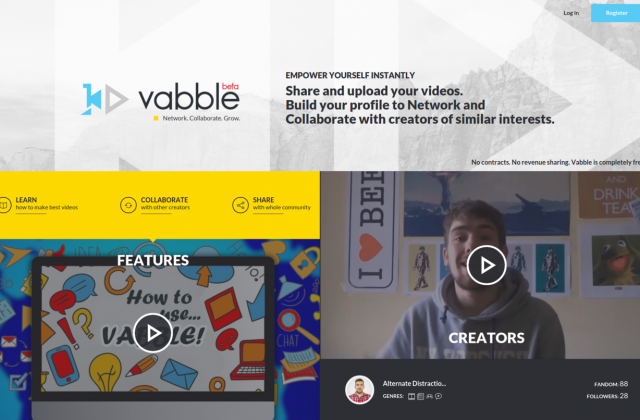The man commonly credited with inventing the world wide web, Tim Berners-Lee, has been sharing a few thoughts on the current state of play with the internet, in an essay published today. As tends to be the case with Sir Tim, his thoughts are always worth attention and consideration, so I thought it’d be interesting to summarise some of them here. The main points are as follows:
1. Some of the web’s most successful inhabitants, the larger social networks in particular (Facebook for example), are undermining some of the founding principles of the web by virtue of their ‘silo storage’ approach to data by not letting users port contacts, photos, and the like to their personal computers or other networks (though this is something Facebook have begun changing slowly in recent times). This creates so-called ‘walled gardens’ or ‘closed worlds’, which represents a step towards the fragmentation of the internet – something which, in the long term, would be very unwelcome for creativity and innovation.
2. Secondly, with these particular aforementioned sites, there is the danger that their staggering success in recent times, gives rise to a further innovation and competition-stifling level of domination (monopoly). This undermines principles of openness, and furthers the creation of such closed worlds, with Berners-Lee citing particular smart-phone apps for services as an example of an attempt to lock users into these specific limited spaces, rather than building web native ones which sit amongst all the rest of what the web has to offer. Ultimately, he argues, the web should be equally open whether accessed on a laptop or a smart-phone – despite the technical challenges that this might currently present.
3. Finally, Berners-Lee revisits the question of net neutrality which is currently a hot topic with Ed Vaizey’s (UK gov’t communications minister) plans to relax the rules on traffic management by UK ISP’s to allow the channelling of bandwidth towards some sites at the expense of others (all bytes will no longer be created equal…)
It is interesting that Berners-Lee feels these fundamental principles are sufficiently under threat by the actions and policies of a few key companies (Apple, Facebook, LinkedIn etc) that he feels prompted to speak out. However, if one looks at the three aspects which are worrying him, there is one common thread – namely that these trends represent great news for the corporate giants in question. In other words, the developments which so worry Sir Tim might be bad news for principles of creativity, openness and innovation – but not necessarily a worrying prospect for the now-established giants seeking to maintain their market domination and translate this into stratospheric profits.
I suppose everything Berners-Lee highlights can actually be distilled into one key point: that is that, as the web ‘matures’ and becomes a hugely lucrative environment for big business (which is the case more so than ever), there is a danger that such powerful vested interests will assume an excessive role in developing the internet in a way which suits them – and not perhaps in the direction that original creators of the web, or indeed many users, would ideally wish to see it go.
The key thing to remember is at once rather obvious – too obvious perhaps, in that it does sometimes get forgotten: the web is not a finished and stable format and medium with already-known inherent limits to what it can and can’t be used for. We’re not talking about a technological medium that has the complexity of a toaster or a television for example (which reached, pretty quickly, the point at which later toasters and televisions would always fairly closely resemble eachother).
Instead, even in the time of so-called web 2.0, it continues to be extremely difficult to say how the internet will function and be used in a decade’s time. There is currently, seemingly limitless room to expand and develop the uses to which this technology can be put, and so it is in this context that we should hear the comments of Tim Berners-Lee – remembering that we cannot take for granted that the web will develop down the most desirable route if such issues are left solely in the jurisdiction of a few established corporate giants that right now command the most clout (whoever they happen to be).



